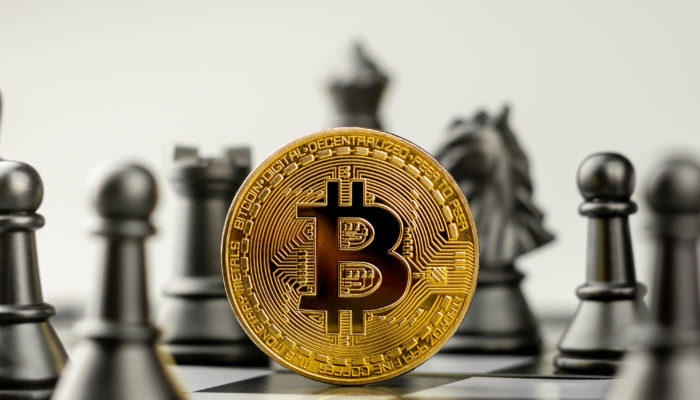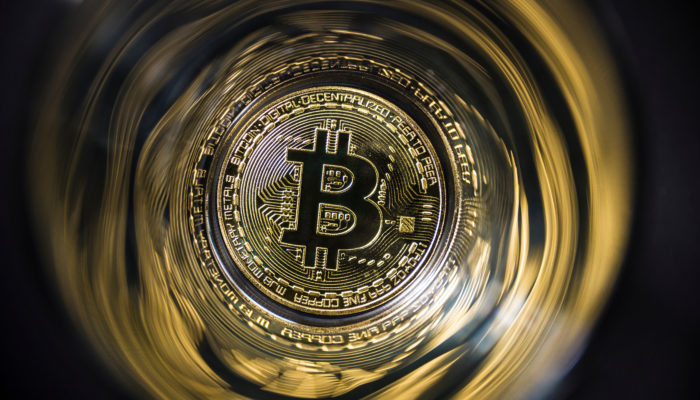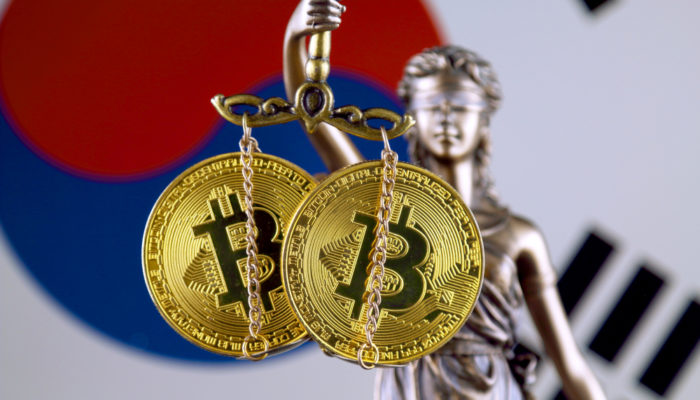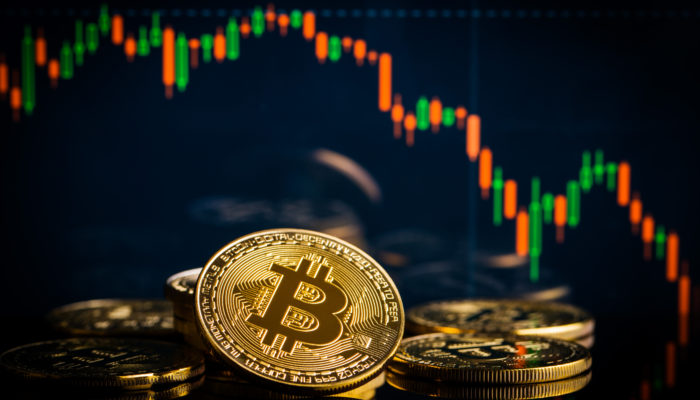![]()
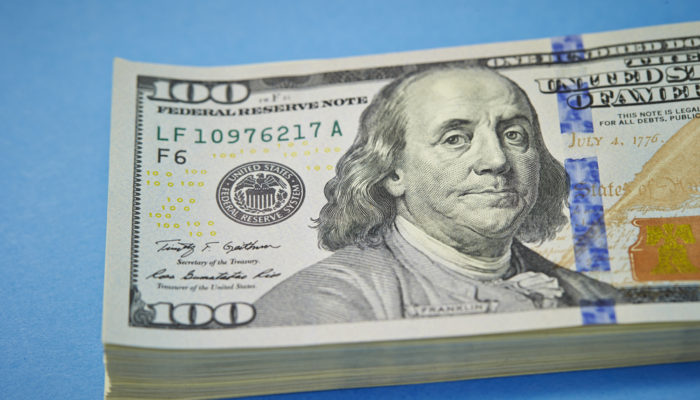
The US national debt now stands at $21.974 trillion, a 10% increase since President Donald Trump took over the oval office. And Bitcoin may be the needle people need to pop the debt bubble.
“From the Fed’s standpoint, we’re looking at a business cycle length: that’s our frame of reference,” Powell said. “The long-run fiscal, non-sustainability of the U.S. federal government isn’t [really] something that plays into the medium term that is relevant for our policy decisions.”
Understanding the Debt Bubble
In retrospective, the national debt is a way of measuring what the US government owes to its creditors. Since the government always spends more than what it takes, the said debt continues to rise. For instance, under the Obama administration, the national debt had increased from $10 to $20 trillion – a spotless 100 percent.
In the past 60 years, the US government has struggled to balance the budget – by spending and earning at an equal level. Every passing administration left a higher debt burden for the next, starting with President Ronald Reagan via President Clinton to President Obama. The US never came out of the so-called debt bubble.
But it doesn’t necessarily mean that they cannot. After all, the US is sitting atop a dollar printing press.
Ideally, Uncle Sam can print its own money, unlike other nations. The size of their debts – arguably – does not matter because the government can pay its debt any day it wants. They would not have to impact the standard of living. According to the Bretton-Woods agreement, the World Bank and the IMF made US Dollar as the world’s only global reserve currency. That led governments across the globe to stash the greenback in their central banks. It created demand, and the US Federal Reserve limited supply.
As of now, there are approximately 1.2 trillion US Dollars in circulation. That is not enough to settle day-to-day global trades: to purchase oil, gas, coffee, corns, and even iPhones. Countries, on the other hand, are sitting atop larger dollar reserves. China, for instance, has $4 trillion; Japan has over $1 trillion – and so on.
Why Bitcoin?
The only thing that changed between then and now is the internet. The millennials now have information about the debt bubble. They understand how every dollar in their pocket is indebted. They also realize that their own national currency is indebted to an-already indebted US Dollar.
Bitcoin enthusiasts project the digital currency as a solution to beat down the dollar hegemony. It expects millennials to exchange their national fiats for a technology that is independent of the US debts, government policies, Federal rate hikes, and whatnot.
At the same time, economists have a different opinion. Nouriel Roubini, a New York-based financial expert, said that bitcoin was a mother of all scams. He added that cryptocurrencies were a wet dream of individuals with zero financial literacy. Warren Buffet, a Wall Street investment giant, refused to consider Bitcoin as an investment.
“If you buy something like bitcoin or some cryptocurrency, you don’t have anything that is producing anything,” Buffett said in an interview with Yahoo Finance. “You’re just hoping the next guy pays more. And you only feel you’ll find the next guy to pay more if he thinks he’s going to find someone that’s going to pay more.”
Copyright © 2023 iCryptome.com
- Warren Buffett Claims Bitcoin is Like a “Seashell” In His Latest Attack on Crypto
- Crypto Market Wrap: TenX Surging on Reissued PAY Credit Cards
- Ethereum Price Analysis: ETH Consolidating Below Crucial Barriers
- Multichain makes leaps in the development of the multi-chain ecosystem
- A Look At Historic Bitcoin Price Performance in May



